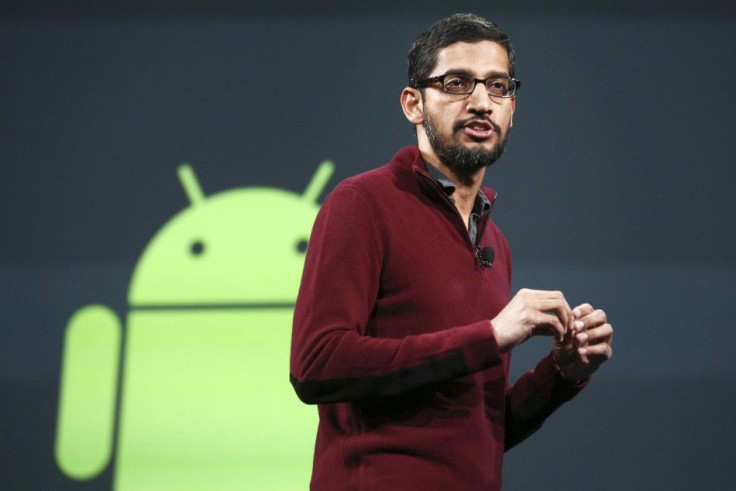Android L to Spread 64-bit Smartphones

Android L will reportedly be about to spread the 64-bit support. Industry sources say that the release of the Android L platform may also be accompanied by the launch of "mainstream" 64-bit CPU technology. Can Google pull it off like Apple?
A 64-bit system will allow smartphone makers to enhance the performance of their devices. However, this comes with a price - changing all other components to match the tasks necessary. Digitimes reported that unnamed industry sources said that 64-bit CPUs may eventually turn out as "mainstream technology."
Shifting hardware to the new architecture will allow everyone to maximize the capabilities of the Android OS. Tech Radar warns though that the DigiTimes lead should still be taken with a grain of salt. The site has a hit and miss thing with tech-related launches.
Another indicator that the Android L may soon be spreading the 64-bit fever is Samsung's and MediaTek's efforts in developing their self branded 64-bit processors. MediaTek already reportedly has its architecture under "China-based handset vendors."
Google has not confirmed the final details of the Android L platform. Reports say that the company will release the platform with its Nexus devices this October with official download on November 1. Upcoming Nexus devices include the Nexus 6 and the Nexus 9. Several reports indicated that Google tapped Motorola for its Nexus 6 production while it partnered with HTC for its Nexus 9 production.
Google launches Nexus devices with its major OS updates. The Nexus program ensures that the company can demonstrate the genuine Android experience. Android updates like KitKat are often tweaked by third-party manufacturers to match their offerings. This is why many analysts pointed out that if people wanted to experience true Android, they should get a Nexus.
The company also recently launched its Android One initiative with the goal of delivering smartphones to the hands of billions of people. This has been met with criticism especially with Google's pricing scheme. Google has to plan out the adoption if it wants to succeed - this includes the Android L OS.





















